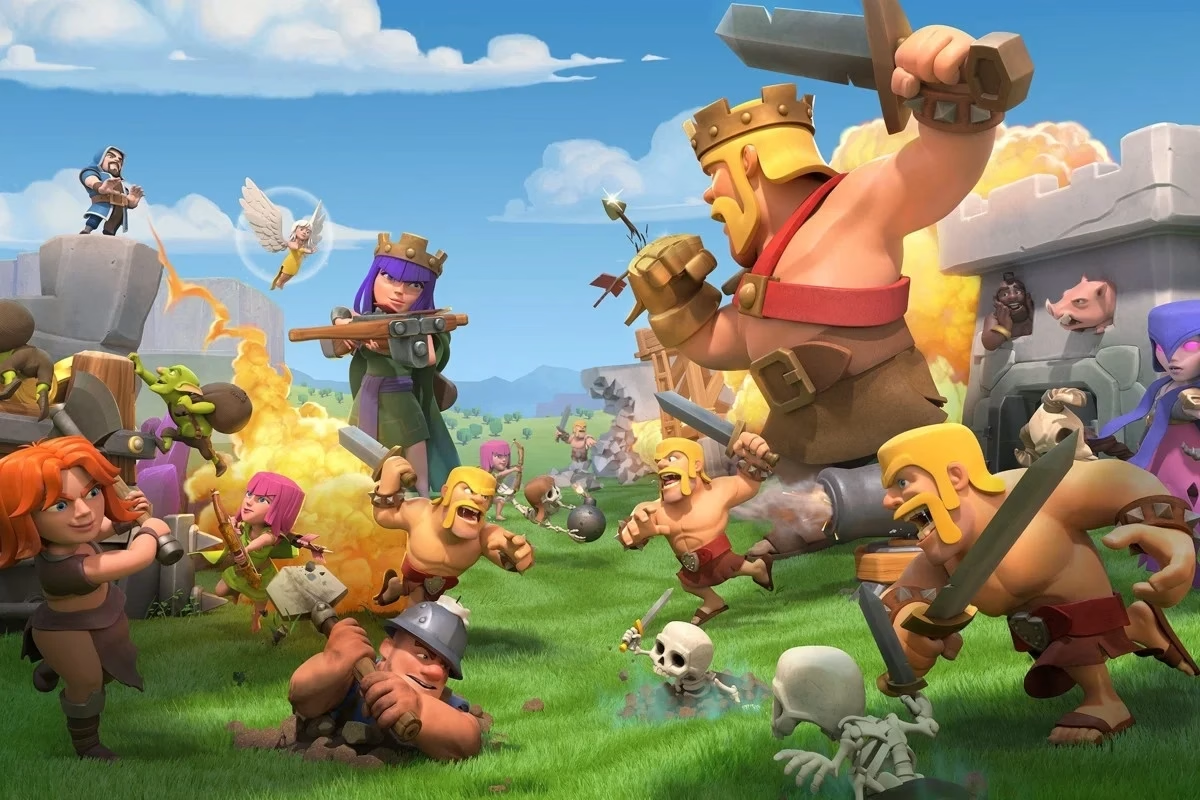Supercell's WeChat Play: A Game-Changer for Mobile Gaming in China
The Rise of the Mini-Game Ecosystem
For those outside of China, the concept of a "mini-game" might seem a bit niche. But trust me, it's a massive deal. Imagine playing a full-fledged, high-quality game directly within your messaging app, without needing to download a separate application. No installation, no fuss. That's the beauty of mini-games on platforms like WeChat. They offer instant accessibility, lower friction for user acquisition, and a seamless social experience, leveraging the existing network effects of the super-app itself.
WeChat, with its staggering 1.4 billion users, isn't just a messaging app; it's a digital universe. It handles payments, social media, news, services, and, increasingly, gaming. For a company like Tencent, which owns Supercell, integrating their top-tier games into WeChat is a no-brainer. It keeps users within their ecosystem, enhances engagement, and opens up new avenues for revenue. We've seen this trend building for a while, and Supercell's entry just elevates the game, if you'll pardon the pun.
Supercell's Strategic Leap onto WeChat
Why now? Well, Supercell has been doing pretty well, reporting a healthy 77% gain in sales earlier this year, which is impressive given some of the headwinds in the broader mobile gaming sector. But sustained growth often means finding new, expansive channels. And what better channel than a platform with over a billion active users who are already accustomed to in-app purchases and social interactions? It's about meeting players where they already are, making it incredibly easy for them to discover and play. Think about it: if your friends are already on WeChat, sharing game invites becomes as simple as sending a message.
Tencent's Masterstroke: Deepening the Ecosystem
This strategy also intensifies competition within the Chinese mobile gaming market. Other developers will surely be watching closely. Will they follow suit? Will we see more top-tier games, traditionally found in app stores, making the leap to social platforms? I wouldn't be surprised. It's a clear indication of how social platforms are becoming increasingly central to content distribution, especially in regions where they hold such dominant positions.
Market Dynamics and the Future of Mobile Gaming
The implications here are far-reaching. For users, it's a win for convenience. No more downloading large app files, no more managing multiple game icons on your phone. Just tap and play. This seamless experience aligns perfectly with the growing demand for integrated digital services. It's all about reducing friction, isn't it?
For the market, this could reshape how mobile games are consumed and distributed in China. It shifts power, perhaps subtly, from traditional app stores towards super-apps. Revenue potential is huge, too. Tapping into WeChat's enormous user base means a wider funnel for player acquisition and, hopefully, increased in-game spending. It's a smart play to capture more of the gaming pie.
Of course, there are always challenges. How will Supercell maintain the quality and depth of their games within the mini-game framework? Will the performance be as robust as standalone apps? These are valid questions, and I'm keen to see how they manage the technical aspects. But given Supercell's track record and Tencent's deep technical expertise, I'm cautiously optimistic. This isn't just a trend; it's a significant evolution in how games reach players, and it's one we should all be paying close attention to. It's a reminder that in the digital world, convenience often reigns supreme.
